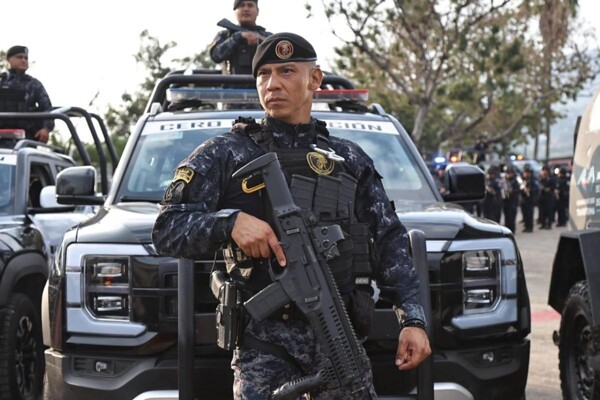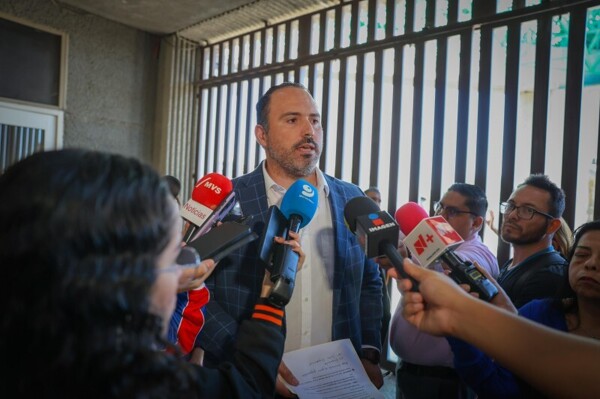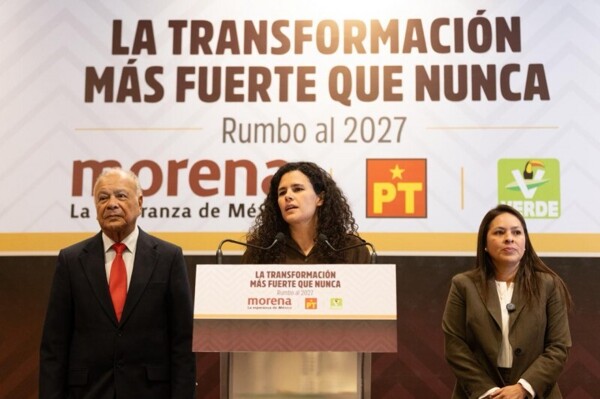
The history of Mexico has been written by friends, by adversaries, and, for the most part, by those who lead and shape the political, economic, and social reality of the country. Currently, the Mexican Republic faces a situation of political powerlessness with a monopoly so entrenched that practically everything proposed becomes law due to the majority in Congress held by the current administration.
The '4T' initiated by López Obrador promised change and now, with his successor, who is the most voted person in the history of the country and the first woman to be head of state, this is being achieved at a rapid pace. However, questions arise about the burning of the past and the construction of the present. The recent smear campaign against former president Ernesto Zedillo following his criticisms of past and current administrations suggests the tension that exists in the Mexican political landscape.
The president of Mexico seeks to cement her legacy, but it is important to remember that it is not necessary to erase history through censorship, biased rewriting in textbooks, or disqualifying the opposition. Eliminating the legacy of those who preceded us can have negative consequences. It is crucial to remember that building the country involves recognizing the successes and failures of previous governments.
For example, the Zedillo platform has had a significant impact on López Obrador's rise to power, and the North American Free Trade Agreement (NAFTA) has been fundamental to the Mexican economy. Destroying history and the past does not solve current problems; instead, it can lead to stagnation in the political and social development of the country.
It is necessary to learn from history to move toward a better future. Blaming predecessors for present difficulties may be an easy resource, but building a country based on denial of the past is not sustainable in the long term. Shared memory is essential for forging a path forward that respects the diversity of opinions and perspectives.
Mexico is at a crucial moment where the transformation of the political and judicial system must ensure the separation of powers, transparency in appointments, and respect for history. The silent disappearance of the pillars that sustain the stability of the country could undermine the progress made so far.
Amid political disputes and the struggle for power, it is vital to remember that historical continuity and the incorporation of the past into the present are fundamental to building a strong and democratic country. Only through dialogue, respect for diversity, and collective memory can we move toward a prosperous and just Mexico for all.














